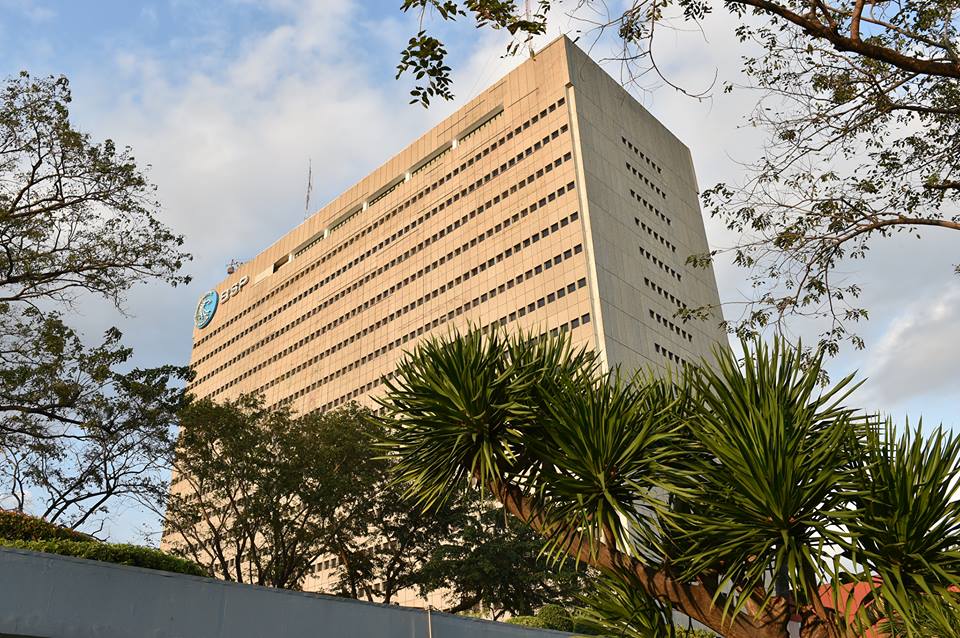Business and Economy
BSP signs pact with Malaysia, Thailand for banking integration

Philippine and Malaysian banks that have been recognized as qualified ASEAN Banks (QABs) have received a boost to enter each other’s jurisdiction easily following Thursday’s signing of the Declaration of Conclusion of Negotiations (DCN).
(Photo: Bangko Sentral ng Pilipinas/ Facebook)
MACTAN ISLAND—Philippine and Malaysian banks that have been recognized as qualified ASEAN Banks (QABs) have received a boost to enter each other’s jurisdiction easily following Thursday’s signing of the Declaration of Conclusion of Negotiations (DCN).
Bangko Sentral ng Pilipinas (BSP) Governor Amando Tetangco Jr. and Bank Negara Malaysia (BNM) Governor Muhammad bin Ibrahim signed the DCN on the sidelines of the five-day 12th ASEAN finance and central bank governors meetings here, which will end Friday.
Tetangco viewed the DCN as “an important step towards uncovering the synergies of cross-border finance between our jurisdictions”.
He said the pact will provide prospects for Philippine and Malaysian banks on where to effectively focus their operations in the foreign country.
”This is something that will promote trade and investment between the two countries and sharing of experiences between the two banking systems,” he said.
QABs are domestically strong banks that are allowed to operate in other ASEAN jurisdictions upon the endorsement of the regulator in its country of origin.
In March 2014, officials of the two central banks inked the Heads of Agreement (HoA) for the entry of their respective QABs in each other’s jurisdiction under the ASEAN Banking Integration Framework (ABIF).
QABs are allowed to operate in the foreign country under the policies of the country they plan to stay in.
Under the HoA, only three QABs of a country are allowed to operate in a foreign jurisdiction in the form of a subsidiary of its parent bank.
During the same event, Tetangco and Bank of Thailand (BoT) Governor Veerathai Santiprabhob signed a Letter of Intent (LOI) to start bilateral discussions in line with the ABIF.
Tetangco said the LOI establishes the rules that will govern the entry of QABs between the two countries.
”Although we are at the early stages of the bilateral process, we nevertheless put a great deal of importance on this,” he said.
The BSP chief pointed out that economic integration in the ASEAN is needed on the back of increased uncertainty in financial markets to ensure the region’s resiliency.
“There will be important consideration to address along the way but let us not lose sight of our vision of uncovering the potential of each market and collective interests,” he added.





















